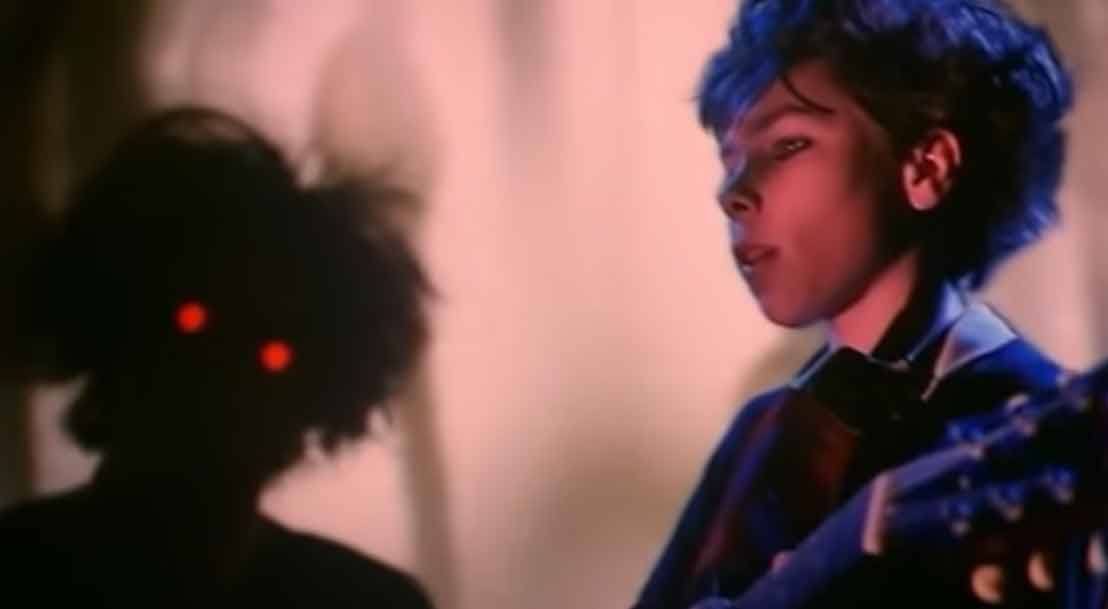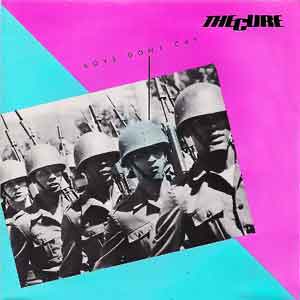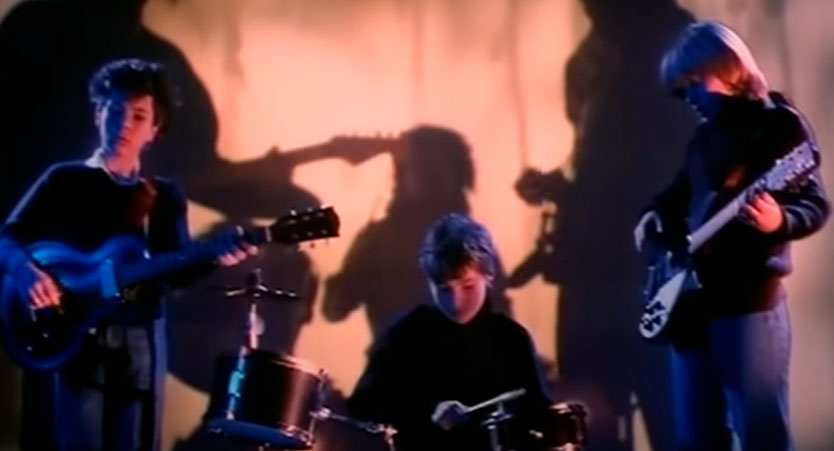The Cure – “Boys Don’t Cry”:
Pop-perfect heartbreak in three minutes flat
Released on 12 June 1979, “Boys Don’t Cry” is one of the earliest and most enduring singles from The Cure — a sharp, melodic slice of post-punk vulnerability that helped define their identity and shape the emotional vocabulary of alternative music. With its jangly guitars, bittersweet vocals, and disarming directness, the track laid the groundwork for a career that would blend anguish and elegance in equal measure.
It wasn’t a massive chart hit when it arrived. But in time, it became a quiet revolution.
An Early Statement of Identity
When “Boys Don’t Cry” dropped, The Cure were still a rising trio out of Crawley, England — their debut album Three Imaginary Boys had just been released in the UK. This single, issued independently from the album, introduced them to wider international audiences and later served as the title track of their first U.S. compilation album in 1980. Written by Robert Smith, Michael Dempsey, and Lol Tolhurst, the song captured the essence of their early sound: minimalist, melodic, emotionally raw.
For Robert Smith, this was more than just an early single — it was a mission statement.
Jangly Guitars, Cracked Emotions
Musically, “Boys Don’t Cry” is crisp and deceptively upbeat. The chiming guitar riff and galloping rhythm section give it a sense of buoyancy and lightness that contrasts sharply with the song’s emotional content. Smith’s vocal is deadpan but devastating, singing of lost love and unspoken sorrow with calm restraint that only amplifies the pain beneath.
The most famous line — “I try to laugh about it, hiding the tears in my eyes” — is both simple and staggering. The repeated chorus of “Boys don’t cry” feels less like a mantra and more like an indictment — a critique of masculinity’s emotional suppression. Smith has said he wrote the song out of frustration with “the idea that men aren’t allowed to show emotion,” and that sting still lands decades later.
Cultural Impact
Though it didn’t chart in the UK on its initial release, “Boys Don’t Cry” built a fierce underground following and quickly became a defining track of early alternative rock. In a scene that often favored toughness and irony, this was something different — empathetic, sincere, and unafraid to be emotionally transparent.
As the post-punk movement morphed into new wave, indie, emo, and beyond, bands across genres looked to “Boys Don’t Cry” as a prototype: catchy but wounded, introspective but accessible. It’s arguably one of the most influential songs in The Cure’s catalogue — not because it was the biggest, but because it showed what was possible when you swapped posturing for pain.
The 1986 Re-Release
In 1986, with The Cure now enjoying commercial and critical acclaim, the band re-recorded the track as “Boys Don’t Cry (New Voice · New Mix)” — giving it a glossier production and a more mature vocal from Smith. This version charted at No. 22 in the UK, reached No. 19 in Germany, and climbed to No. 26 in Australia. It helped reintroduce the track to a new generation, many of whom discovered The Cure through later albums like The Head on the Door and Kiss Me, Kiss Me, Kiss Me.
The accompanying music video features children miming the band’s performance, while the actual band members appear only as dark silhouettes with glowing red eyes behind a curtain — a subtle, haunting metaphor for emotional concealment and societal expectations.
Enduring Legacy
“Boys Don’t Cry” remains one of The Cure’s most beloved songs — and one of their most covered. It inspired the title of the 1999 film Boys Don’t Cry, was re-recorded again for soundtracks, and continues to appear in cultural touchpoints from The Wedding Singer to How I Met Your Mother. In 2019, Billboard ranked it No. 4 on their list of the greatest Cure songs; Mojo placed it even higher at No. 3 in 2023.
But perhaps its greatest legacy is emotional. Few songs have done so much, so quietly, to rewrite what masculinity in music could sound like. In just under three minutes, “Boys Don’t Cry” gave listeners permission — especially men — to be vulnerable, brokenhearted, and honest.
And in doing so, it never stopped ringing true.


